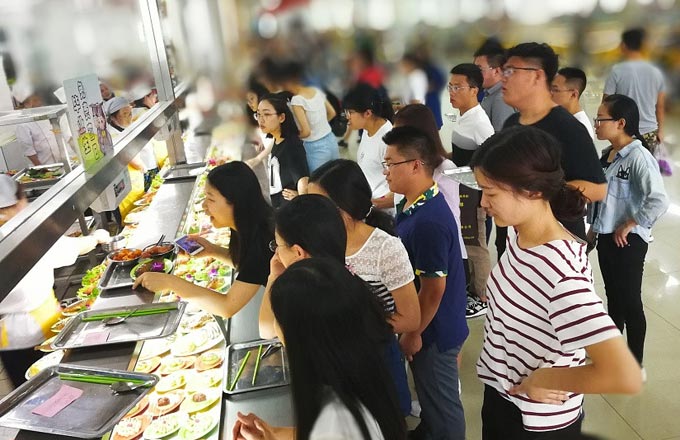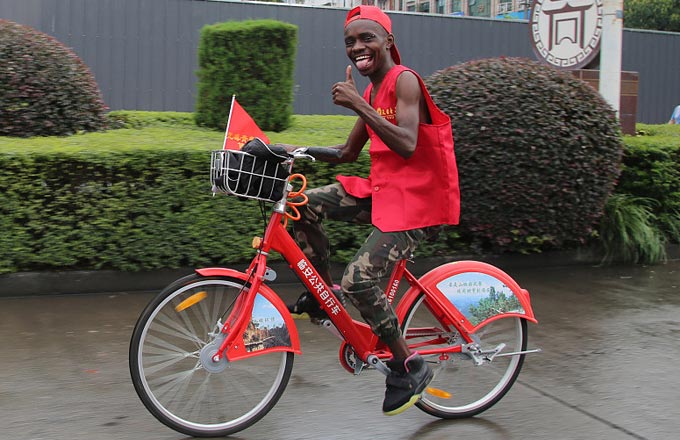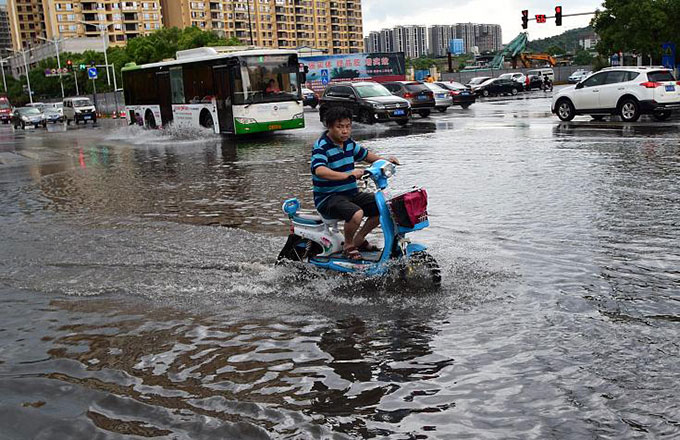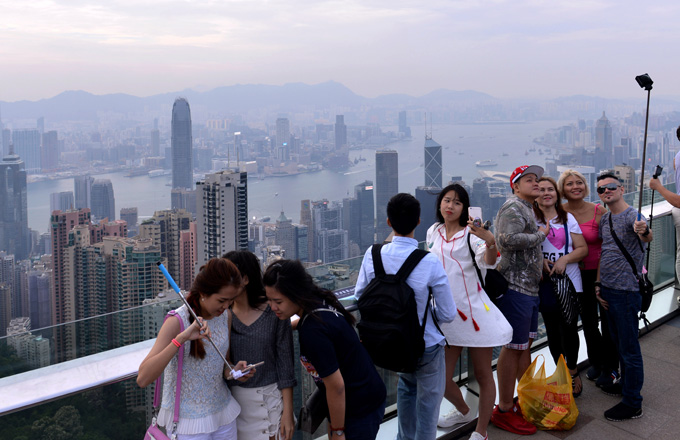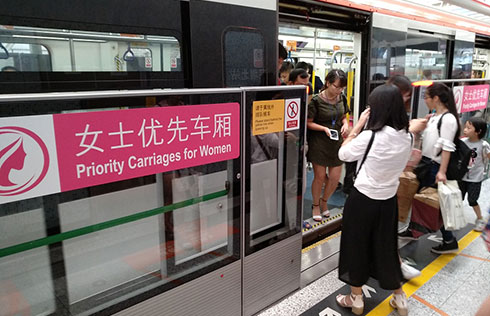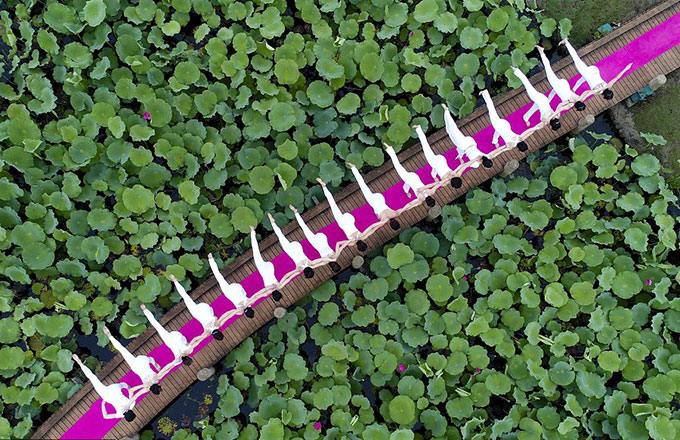City tourism chiefs look for greater sustainability
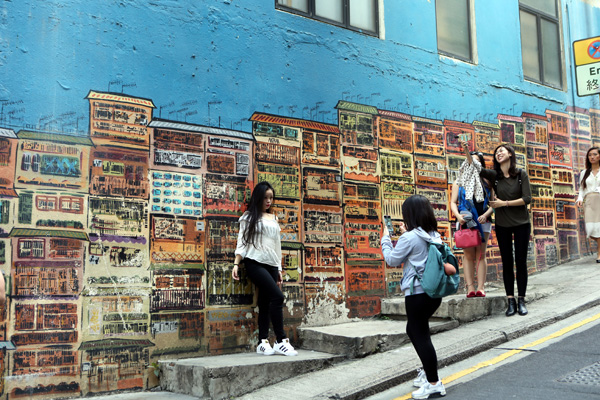 |
|
Tourists pose for photos in the city's main financial district. [Photo by Li Peng/Xinhua] |
Setbacks
The development of tourism in Hong Kong has experienced some setbacks. The sector saw a downturn as visitor arrivals from the mainland faltered after 2015 - total visitor arrivals dipped 4.5 percent last year, having already fallen 2.5 percent in 2015.
In line with the downturn in the number of visitors from the mainland, a decline in retail sales has accelerated since 2014. The value of retail sales fell 0.2 percent in 2014, dipped 3.7 percent in 2015 and dived 8.1 percent last year.
Headwinds such as the Chinese mainland's economic slowdown, changes in mainland travelers' spending patterns from luxury goods to daily necessities, intensifying competition from other destinations, stresses on tourist-handling capacity and a lack of new visitor attractions have been cited as reasons for the city's lackluster tourist sector.
Last year, total tourism expenditure associated to inbound tourism amounted to HK$296 billion, a year-on-year decline of more than 10 percent, according to data from the Hong Kong Tourism Commission.
"Exports of travel services also saw further relative improvements, reflecting the continued recovery in visitor arrivals. However, tourist spending has yet to resume growing, probably constrained by currency movements and changing patterns of tourist spending," said acting government economist Andrew Au Sik-hung, when he announced Hong Kong's first-quarter economic growth figures last month.
A research note published by Daiwa Capital Markets last month said, "Service exports are not so impressive because this part of external demand is mostly related to spending by mainland visitors."
A silver lining emerged early this year, following a two-year correction. In the first quarter, visitor arrivals to Hong Kong rose 3.7 percent year-on-year, with the number of mainland visitor rising 3.8 percent year-on-year, after falling 6.7 percent last year, according to data from the Hong Kong Tourism Board.
Despite the recent rebound, academics said the city must develop high-end tourism to make the development of the industry more sustainable.
"It's high time for Hong Kong to explore high-end tourism, instead of keeping the current system running," said Song Haiyan, associate dean and chair professor at the School of Hotel and Tourism Management at the Hong Kong Polytechnic University.
"Hong Kong must use its unique gifts to break the stereotype of being a shopping destination packed with low-end tour groups."




